US President Donald Trump is about to impose comprehensive tariffs on the country’s three largest trading partners. Raising tariffs at such high levels is a risky strategy, one that even Mr. Trump has not tried in his first term.
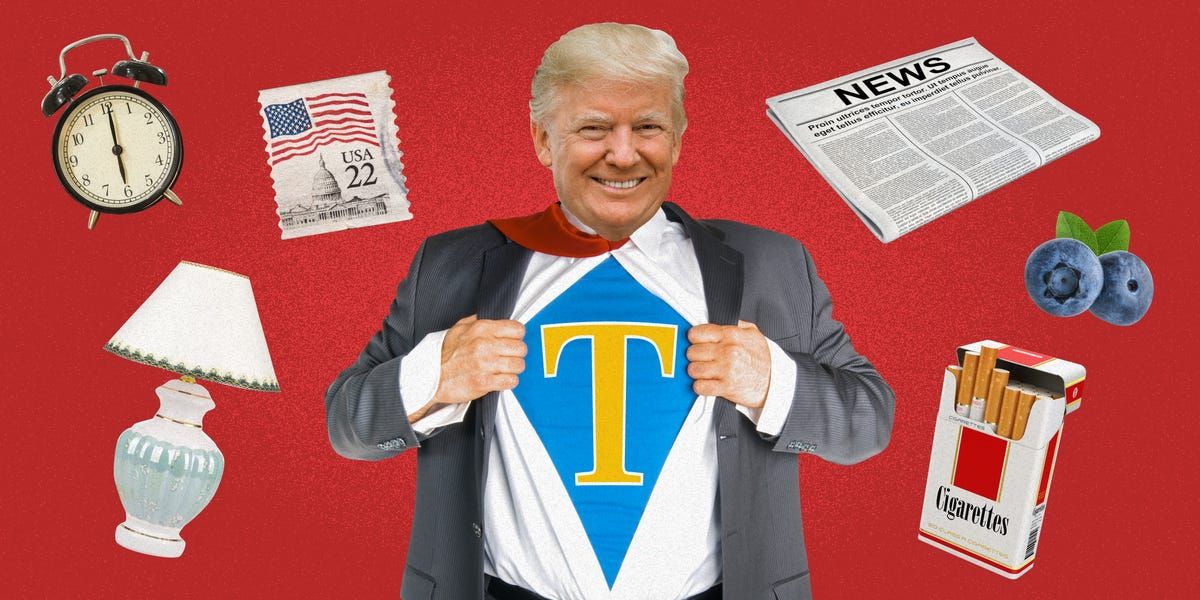 |
| The upcoming import tariffs on Mexico, Canada and China will be a major test of Mr Trump's use of tariffs. (Source: Getty Images) |
On February 1, President Trump signed an executive order declaring a national economic emergency based on the International Emergency Economic Powers Act and the National Emergencies Act, to order an increase in import tariffs on goods from America's three largest trading partners.
Specifically, energy imports from Canada will be subject to a 10% tariff, while those from Mexico will remain subject to a 25% tariff. Almost all other goods from Mexico and Canada will be subject to a 25% tariff, and all Chinese goods will be subject to an additional 10% tariff.
The decree takes effect from 0:01 on February 4 (ie 12:01 on February 5, Hanoi time).
Goods from Canada, Mexico and China that are loaded onto cargo ships or in transit to the US before this date will be exempt from the new tariffs.
Big test, big gamble
According to CNN , the upcoming import tariffs on Mexico, Canada and China will be a major test of Mr. Trump's use of tariffs - which he described as "the greatest thing ever invented."
"This is a big gamble, arguably bigger than any economic policy Mr. Trump has enacted in his more than four years in the White House. And this strategy has the potential to upset what many voters care about most: the economy and the cost of living," CNN wrote.
The cable network said Trump’s tariffs pose a major risk: First, they raise already high consumer prices at grocery stores. Second, they rattle an already shaky stock market. Third, they hurt the job market.
“The impending tariffs could be the biggest own goal ever,” said Mary Lovely, a senior fellow at the Peterson Institute for International Economics. “This is a huge gamble that will slow the economy and increase inflation.”
A very different world
The 47th President of the United States sees tariffs as a negotiating tool, an effective way to gain leverage with other countries.
He argued that tariffs were necessary to address key concerns, including the trade deficit, illegal immigration and the flow of illicit drugs.
Mr Trump and his supporters often point out, correctly, that the tariffs of his first term did not cause inflation. But there were different tariffs then, in a very different world.
The US leader has announced tariffs on $1.4 trillion worth of goods imported into the US. According to estimates from the Tax Foundation , this is more than three times the $380 billion worth of foreign goods taxed during Mr. Trump's first term.
And in particular, during Trump's first term, inflation was not really a problem.
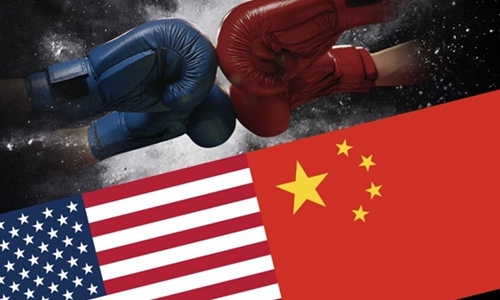 |
| All Chinese goods entering the US are subject to an additional 10% tax. (Source: Global Times) |
Why "burn down your own house"?
The White House says Mr Trump’s tariffs will not cause trouble for the world’s largest economy, but some economists and trade experts are concerned because they target America’s closest neighbors, Canada and Mexico.
During his first term, Mr. Trump threatened — but never followed through — on tariffs against Canada and Mexico.
Imposing comprehensive tariffs on the two countries could cause chaos in the economy's supply chain, leading to higher prices.
| “Imposing tariffs as high as 25% on our closest trading partners threatens to devastate the powerful North American economy on which the United States depends,” said Christine McDaniel, a senior fellow at George Mason University’s Mercatus Center. |
Christine McDaniel, a senior fellow at George Mason University's Mercatus Center, said imposing tariffs as high as 25 percent on our closest trading partners would devastate the powerful North American economy on which the United States relies heavily.
The expert asked, "Why would you want to burn down your own house?"
This is especially true in the US auto industry, where Wolfe Research estimates that the price of a typical car sold in the world’s largest economy could increase by $3,000 due to tariffs.
The oil industry is no different. Analysts also warn that tariffs could raise gas prices in the Great Lakes, Midwest and Rockies. That’s why the White House cut the tax on Canadian energy to 10%, instead of the full 25%.
Commodity prices were a major sticking point for voters in the recent election. Mexico is the largest foreign supplier of fruits and vegetables to the US, while Canada is the top supplier of grains, meat and sugar.
The tax hike would lead to higher prices for consumers — especially at grocery stores and building materials, Lovely stressed.
“Price increases due to tariffs will not happen all at once. Instead, they may come in a trickle,” Ms. Lovely said.
In addition, higher input costs, combined with retaliatory tariffs, could hurt both business and consumer spending, which has investors and Fed officials worried.
According to estimates by EY chief economist Gregory Daco, the White House boss's tariffs on Mexico, Canada and China, along with retaliatory tariffs from these countries, could wipe 1.5% off the gross domestic product (GDP) growth of the world's largest economy in 2025 and another 2.1% of GDP in 2026.
“A sharp increase in tariffs on US trading partners could create a stagflationary shock and cause volatility in financial markets,” Mr. Daco wrote in the report.
"Playing with fire"
One big unknown is how the Fed will react to Mr Trump's move.
Tariffs could force the Fed to further delay rate cuts.
“If tariffs push inflation expectations higher, the Fed could feel pressure to keep interest rates accommodative for longer, tightening financial conditions and weighing on growth,” Daco said.
Of course, it's too early to say exactly how things will play out. There are many variables, including how the supply chain and consumers react.
Besides, it is entirely possible that a deal could be reached between the US and the three countries hit by the tariffs – before the tariffs do any real damage.
But raising tariffs at such a high level is a risky strategy, one that even Mr Trump has not tried in his first term, a strategy that Joe Brusuelas, chief economist at RSM, said is “playing with fire”.
Source: https://baoquocte.vn/tong-thong-trump-chinh-thuc-ap-tax-voi-ba-doi-tac-pha-phan-luoi-nha-canh-bac-tri-gia-14-nghin-ty-usd-se-ra-sao-302933.html






















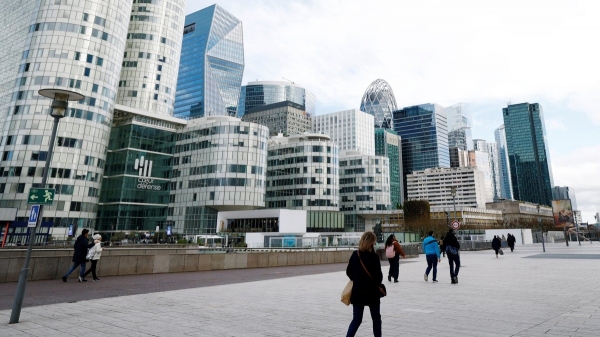

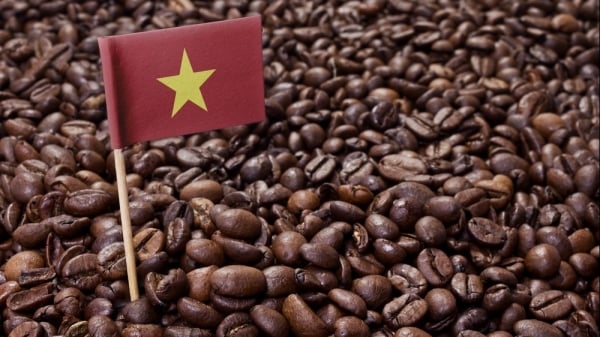


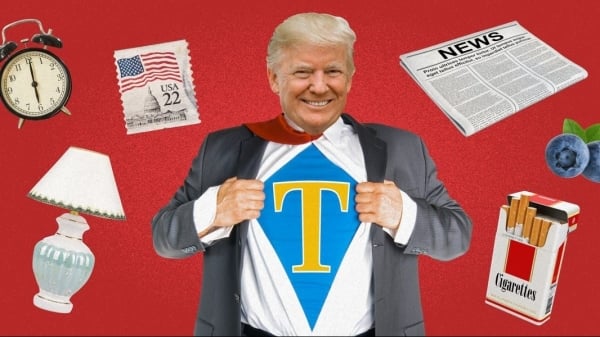
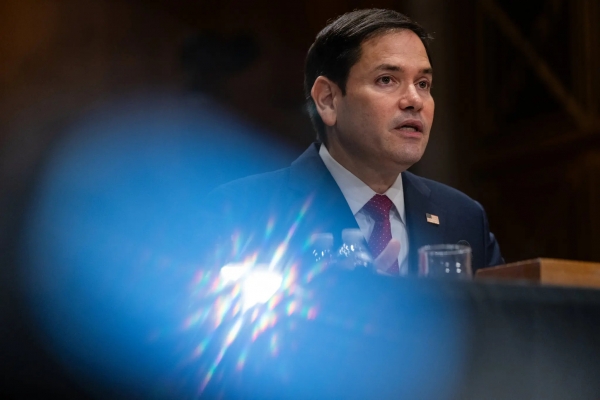


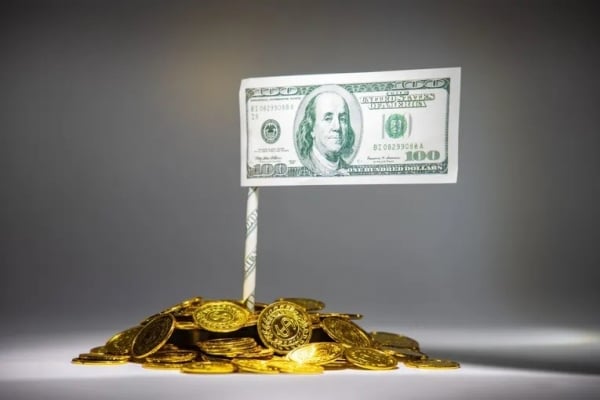

















Comment (0)